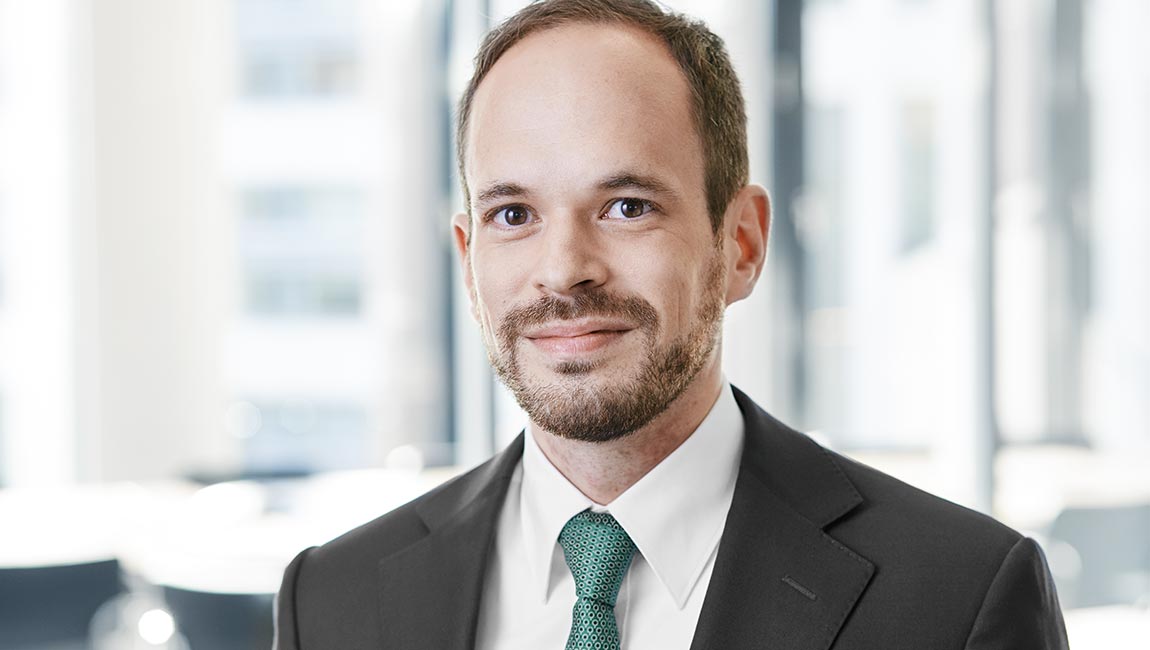TAX RELIEF FOR EMPLOYEE PARTICIPATION PROGRAMS IN STARTUPS
On 20 January 2021, the German government passed a draft legislation to strengthen Germany as a fund location and to implement Directive (EU) 2019/1160 amending Directives 2009/65/EC and 2011/61/EU with regard to the cross-border marketing of collective investment schemes (German Fund Location Act (Fondsstandortgesetz) – FoG), which also provides for tax relief for employee participation programs in startups.
I. Promotion of the company pension scheme
The Fund Location Act is intended to make the granting of employee participation programs more attractive from a tax point of view. Sec. 19a planned for the German Income Tax Act (Einkommensteuergesetz – EStG) regulates deferred taxation of an employee participation in start-up companies if this is granted from 1 July 2021 onwards. The deferred taxation avoids that the mere promise of an employee participation already triggers taxes although the employee has not yet received any liquid funds (so-called dry income tax).
For years, there have been calls from various directions for greater employee participation in the company’s success. One of the motives for this is to promote company pension schemes, as lower payments from statutory pension insurance and other instruments of old-age provision (life insurance, etc.) are expected for demographic reasons and due to the low-interest phase that has persisted since the financial crisis.
II. Startup and SME
The legislator defines the beneficiary startup company within the framework of the classification of so-called SMEs (small and medium-sized enterprises) and an age limit for the company of no more than 10 years. This definition of SMEs allows a maximum balance sheet total of € 43 million, a maximum turnover of € 50 million and less than 250 employees. A further prerequisite is that the employee participation is granted in addition to the salary that is owed anyway, which thus generally rules out conversion of remuneration.
III. Deferred taxation
The planned so-called deferred taxation can only be carried out in the course of the wage tax deduction procedure with the consent of the employee; a self-declaration by the employee in the assessment procedure is excluded.
The actual taxation of the employee participation granted only takes place if
- the participation is transferred for a consideration or free of charge or is included in a business asset or
- the employment relationship with the granting employer ends or
- at the latest after the expiry of 10 years since the foundation of the company.
This does not completely rule out the possibility of a so-called dry income tax, but merely postpones it.
When determining the non-cash benefit of the employee participation, the tax-free allowance pursuant to sec. 3 no. 39 EStG, which was raised from € 360 to € 720 p.a. under the Fund Location Act, may be deducted under the conditions specified therein. If the value of the employee participation has decreased at the time of taxation, the reduced value is used to determine the non-cash benefit.
The non-cash benefit is taxed as wage at the standard tax rate. However, the rate reduction for extraordinary income pursuant to sec. 34 para. 1 EStG (so-called quintuple regulation (Fünftelregelung)) is applicable under the conditions stated therein if at least 3 years have passed since the employee participation program was granted.
IV. No extension to social security
Unfortunately, deferred taxation is probably not to be implemented for social security purposes as well, i.e. the granting of employee participation is – without any deferral – immediately subject to the obligation to pay contributions. However, this immediate obligation to pay contributions is mitigated by the contribution assessment ceiling in the individual branches of social insurance.
We are here for you
For more information please contact
Irina Eppenstein
honert hamburg
Salary Partner, Attorney-at-Law, Lawyer for Commercial and Corporate Law
Capital Markets, Litigation, M&A, Gesellschaftsrecht, Allgemeines Wirtschaftsrecht, Transaktionen (M&A)
| phone | +49 (40) 380 37 57 0 |
| [email protected] |
Florian Leßniak
honert hamburg
Partner, Attorney-at-Law
Corporate, Business Law, Insolvency Law, M&A, Venture Capital
| phone | +49 (40) 380 37 57 0 |
| [email protected] |
Dr. Hanspeter Maute
honert munich
Partner, Tax Advisor, Certified Accountant, Dipl.-Kfm.
Tax, International Taxation, Succession Planning
| phone | +49 (89) 388 381 0 |
| [email protected] |



